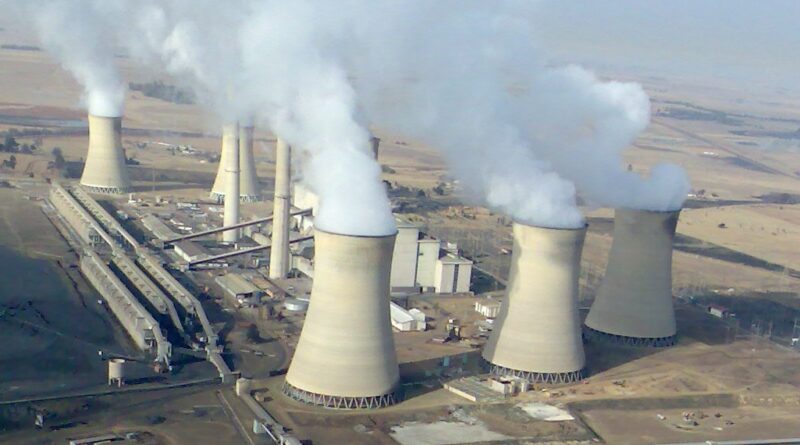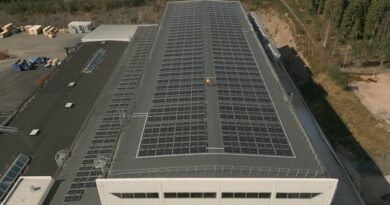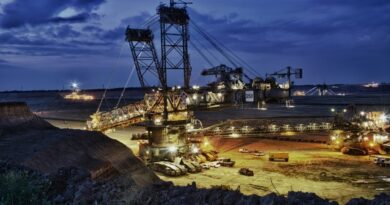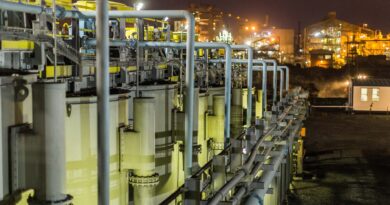Minerals Council SA is dismayed at price increases for ESKOM
JOHANNESBURG – The Minerals Council South Africa notes with dismay the above- inflation electricity tariff increases granted to Eskom, which is struggling to adequately supply the country with power, and the negative consequences for the economy and employment.
The latest 18.65% and 12.74% tariff increases mean the mining industry’s electricity costs will increase by R13.5 billion, or 33.7%, to R53.5 billion by the end of 2024. Over the 4 years between 2021 and 2024 electricity tariffs would have increased by 46%. Since 2008, the price of electricity for the mining industry has increased eightfold while consumer prices, as measured using the consumer price index (CPI), have only doubled.
Electricity will make up about 12.5% of South African mining costs by the end of 2024 from about 9% now.
“These increases the National Energy Regulator of South Africa (Nersa) granted Eskom fundamentally shift the intermediary cost structures in mining. Due to the different electricity consumption densities of various mining commodities, the impact is not the same across the sector, but this is deeply concerning,” says Henk Langenhoven, Minerals Council Chief Economist.
The higher cost of electricity means the share of energy in intermediary inputs will increase from 24% to 38% in gold mining, from 22% to 37% in iron ore mining, and from 13% to 19% in the platinum group metals sector.
“These increases the National Energy Regulator of South Africa (Nersa) granted Eskom fundamentally shift the intermediary cost structures in mining. Due to the different electricity consumption densities of various mining commodities, the impact is not the same across the sector, but this is deeply concerning,” says Henk Langenhoven, Minerals Council Chief Economist. The higher cost of electricity means the share of energy in intermediary inputs will increase from 24% to 38% in gold mining, from 22% to 37% in iron ore mining, and from 13% to 19% in the platinum group metals sector.




